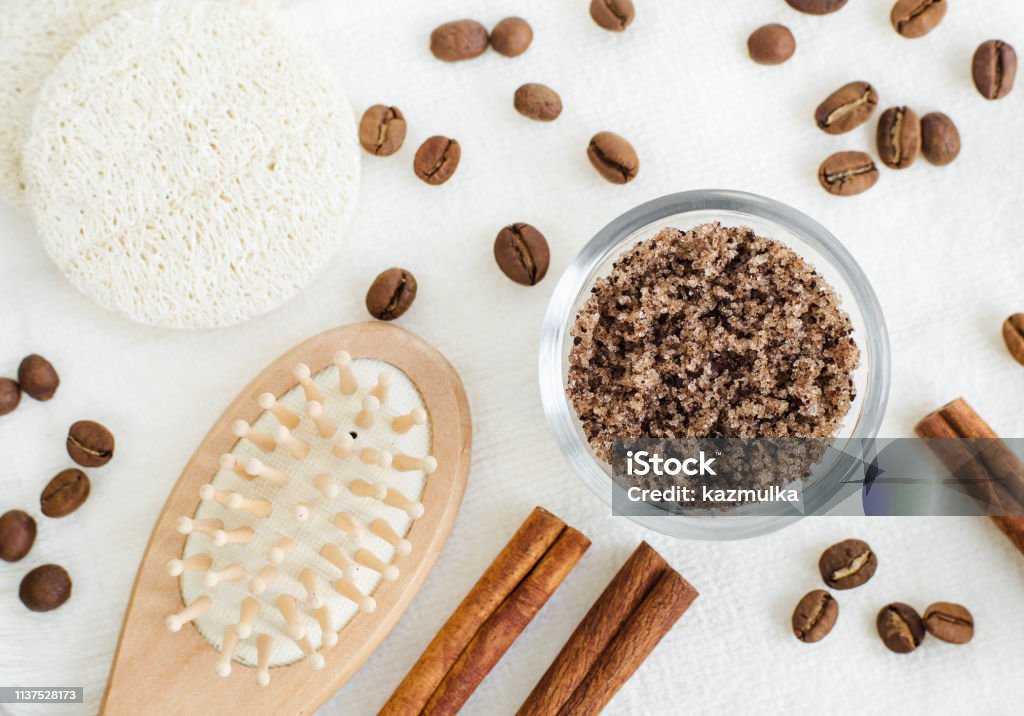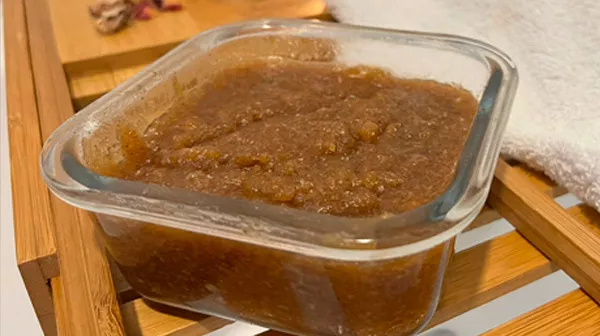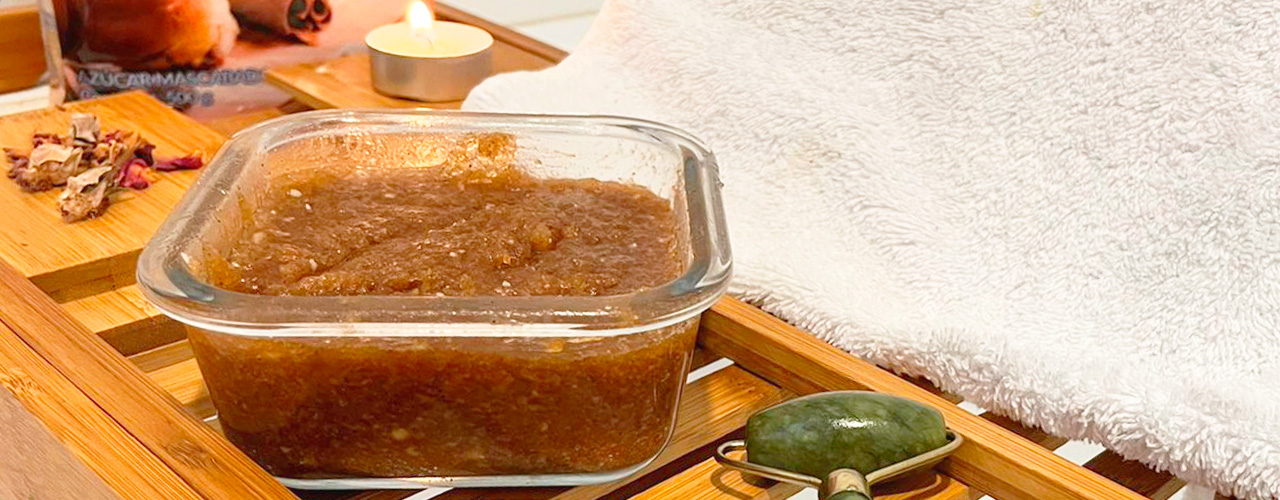
Exfoliante de Café con Canela 150g / Coffee Scrub with Cinnamon 150g - Health Embassy (peeling, body scrub) : Amazon.es: Belleza

Exfoliante Casero De Cara Y Cuerpo De Arroz Canela Y Soda En Un Recipiente De Madera En Una Mesa De Madera Blanca Foto de stock y más banco de imágenes de Canela -

Café Exfoliante Ingenio Solt De Mar, Aceite De Oliva Y Canela. El Cuidado Del Cuerpo Belleza Fotos, retratos, imágenes y fotografía de archivo libres de derecho. Image 62605019

Exfoliante Aromático Casero Con Azúcar Morena Café Molido Aceite De Oliva Y Canela En Polvo Tratamientos De Belleza Diy Y Receta De Spa Vista Superior Espacio De Copia Foto de stock y

Scrub de azúcar morena y canela: | Exfoliantes de azúcar caseros, Exfoliante con azucar, Receta de exfoliante de azúcar

La Cara Y El Cuerpo Hecho En Casa Orgánico Totalmente Natural-exfoliante Exfoliante De Café Con Canela Fotos, retratos, imágenes y fotografía de archivo libres de derecho. Image 44400497






















